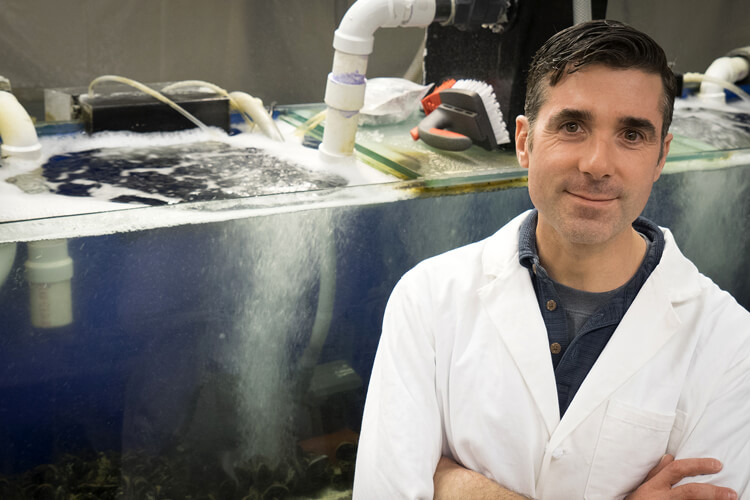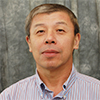Inorganic Chemistry

Inorganic chemistry encompasses the entire periodic table. Thus, the field is extremely diverse. From solid-state materials to the inorganic biochemistry of life to nanotechnology, the research interests of the Purdue inorganic faculty provides exciting opportunities for graduate students. Organometallic chemistry is represented by research in catalysis, metal clusters, metal-metal bonded species, redox active metal-ligand systems, and nanoparticle surface chemistry. Examples of ongoing materials research include conducting polymers, adhesives, and two dimensional materials, biological materials. Bioinorganic chemistry encompasses metal-protein interactions, structure-function studies, and relations to several disease and health topics.






